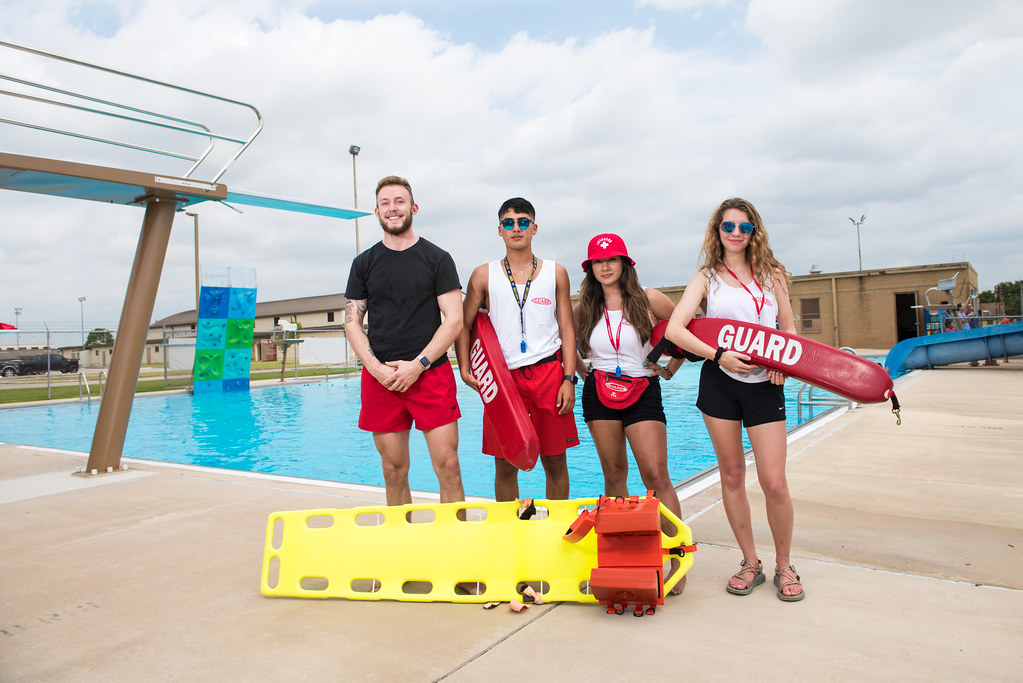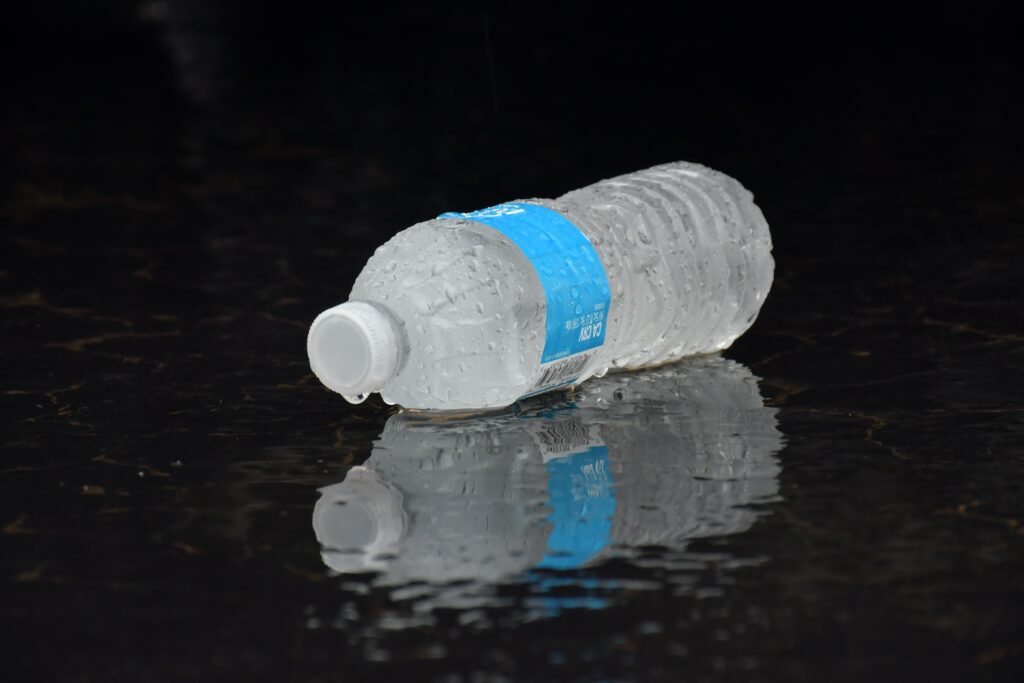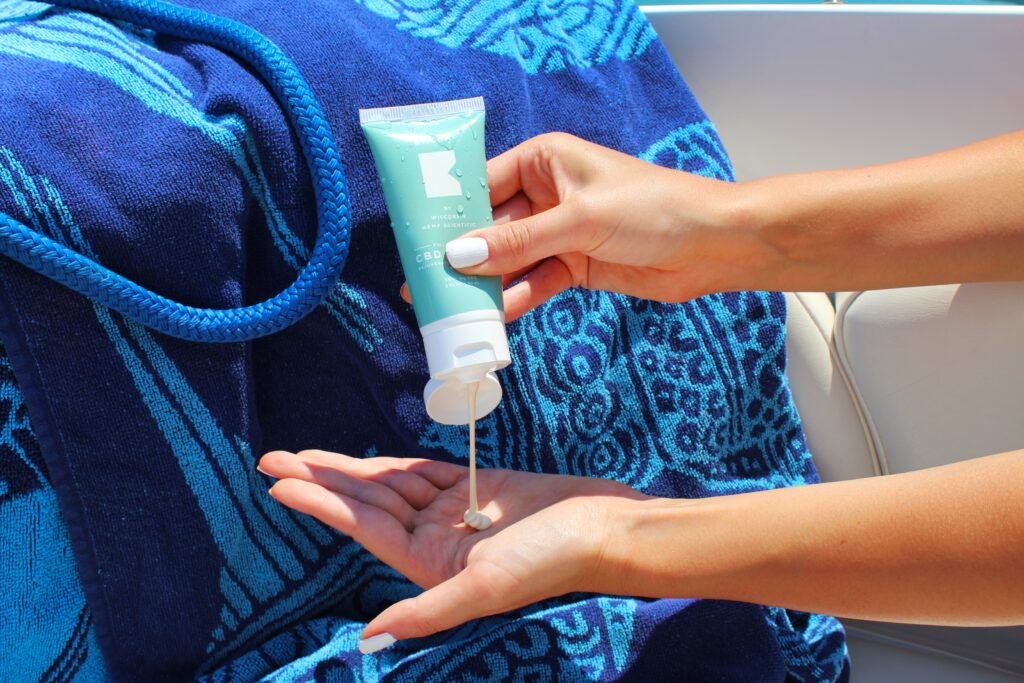3 Tips Your Lifeguards Should Follow to Stay Safe from the Summer Heat

With summer in full swing, it’s important for lifeguards to stay safe and beat the heat. From staying hydrated to using proper sun protection, here are some essential lifeguard safety tips to ensure well-being during the sizzling summer months.
Using Shade and Protective Clothing
When it comes to staying cool and protected from the scorching summer heat, lifeguards should make use of shade and wear appropriate protective clothing. The sun’s harmful UV rays can take a toll on the body, so finding a shady spot under an umbrella or canopy can provide much-needed relief.
In addition to seeking shade, lifeguards should also invest in proper protective clothing. Breathable fabrics like lightweight, moisture-wicking materials can help regulate body temperature and keep lifeguards comfortable throughout their shifts. It’s important to choose clothing that covers the skin adequately and protects it from the sun’s rays. Long-sleeved shirts, wide-brimmed hats, and sunglasses with UV protection are essential safety gear for lifeguards.
Using Shade and Protective Clothing for Lifeguards checklist:
- Find a shady spot under an umbrella or canopy
- Wear lightweight, breathable clothing
- Opt for long-sleeved shirts
- Wear wide-brimmed hats
- Use sunglasses with UV protection
By utilizing shade and wearing appropriate protective clothing, lifeguards can stay cool, comfortable, and protected from the sun’s harmful rays while ensuring the safety of pool-goers.
Maintaining Hydration

Staying hydrated is one of the most important aspects of lifeguard safety, especially when working in the scorching summer heat. Hydration helps to maintain energy levels and focus, ensuring that lifeguards can perform their duties effectively. To stay hydrated, it’s crucial to drink plenty of cool water throughout the day. Drinking water helps replenish the fluids lost through sweat and prevents dehydration. Lifeguards should make it a habit to carry a water bottle at all times and take regular sips to keep themselves hydrated.
In addition to water, electrolyte-replacement drinks can be beneficial in maintaining hydration levels. These drinks help replenish essential electrolytes lost through sweating and provide an extra boost of energy. When choosing an electrolyte drink, it’s important to opt for ones that are low in sugar and contain a balanced mix of electrolytes. Incorporating electrolyte-replacement drinks into our hydration routine can enhance overall well-being and performance as lifeguards.
It’s also essential to be mindful of the signs of dehydration and take proactive measures to prevent it. Symptoms of dehydration include increased thirst, dry mouth, fatigue, dizziness, and decreased urine output. If lifeguards experience any of these symptoms, they should immediately take a break in the shade and drink water or an electrolyte drink to rehydrate. By prioritizing their hydration needs, they can ensure their health and safety as lifeguards, enabling them to provide the best possible care for pool-goers.
The Importance of Sunscreen

As lifeguards, their primary duty is to ensure the safety and well-being of all pool-goers. However, in the midst of their responsibilities, it’s crucial to remember the importance of sun protection for themselves. In their line of work, they are exposed to prolonged sun exposure, making sunscreen an essential part of their safety routine.
UV rays from the sun can cause sunburns, premature aging, and even increase the risk of skin cancer. By wearing sunscreen every day and reapplying it every 30 minutes, they can significantly reduce these risks and safeguard their skin against harmful UV radiation.
Sunscreen Application Tips:
- Choose a broad-spectrum sunscreen with an SPF of 30 or higher.
- Apply sunscreen generously to all exposed skin, including the face, ears, neck, and any other areas not covered by protective clothing.
- Don’t forget about commonly overlooked areas like the tops of the feet and the back of the neck.
- Reapply sunscreen every 30 minutes, especially if they are sweating or have been in the water.
- Consider using a water-resistant sunscreen to ensure effectiveness even during water-based rescue operations.
By incorporating these sunscreen application tips into their daily routine, they can prioritize their own sun protection and maintain healthy skin throughout the summer season. Their well-being is just as important as the safety of those they watch over. They should keep themselves protected and continue to provide a safe environment for everyone to enjoy.
Conclusion
With the summer heat in full swing, lifeguard safety is of utmost importance. By following these lifeguard safety tips, including using shade, staying hydrated, wearing sunscreen, and implementing proper safety measures, lifeguards can beat the heat and ensure a fun and safe summer for everyone.
Lifeguards must take advantage of shade to stay cool and protect themselves from the sun’s harmful UV rays. Wearing breathable and appropriate lifeguard clothing, along with using proper protective equipment, such as hats and sunglasses, is also important in regulating body temperature and ensuring lifeguard safety in hot weather.
It’s important that lifeguards drink plenty of cool water throughout the day to replenish fluids lost through sweat. Additionally, electrolyte-replacement drinks can help maintain hydration levels and prevent dehydration, ensuring optimal lifeguard health and safety during hot shifts.
UV rays can cause sunburns, premature aging, and an increased risk of skin cancer. Lifeguards should wear sunscreen every day and reapply it every 30 minutes. Choosing a water-resistant sunscreen and following proper application techniques is vital for lifeguard sun protection and overall skin health.
In addition to lifeguard safety, it’s very important that the pool itself is also protected. Using high-quality pool finishes will ensure the durability and longevity of the pool, and provide protection against those harmful rays from the sun.
By following these lifeguard safety tips and implementing proper safety measures, lifeguards can beat the heat and ensure a fun and safe summer for everyone. Stay cool, stay safe!
